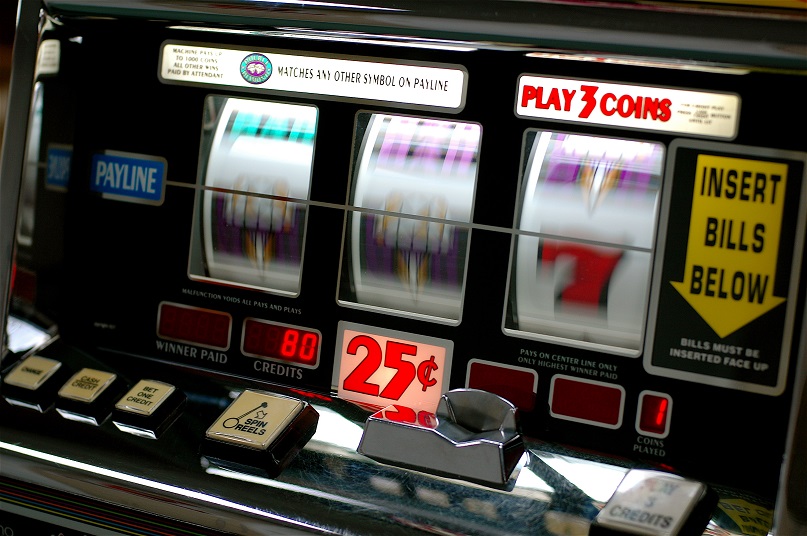Australia Has a Poker Machine Problem, says Australia Institute

The Australia Institute, a think tank dedicated to researching public policy issues, has published a discussion paper that argues that Australia has a particularly large problem with poker machines compared to the rest of the world.
Also known as pokies, the machines have been extremely popular in the country's pubs and clubs for many years. However, the paper argues that this in itself in an anomaly: 80% of the world's video poker machines are based in casinos and other gambling venues, with only 241,000 machines worldwide in other locations – of these, 76% are located in Australia. Bill Browne, who co-wrote the paper, has said:
- "Australia has 0.3% of the world's population but 6% of its conventional gaming machines and 18% of its poker machines
- "In terms of machines per person, Australia is right up there with casino-states like Monaco, Macau and Caribbean island nations.
- "Australia's large number of poker machines and our unusual decision to allow them in pubs and clubs make us a global anomaly.
- "Other gambling games can also be risky, but poker machines are high-intensity, putting people at risk of losing hundreds or thousands of dollars an hour."
In the midst of this discussion, the Tasmanian Labour party has announced its intention to remove every poker machine from the state's pubs and clubs by 2023 if it is elected into power next March. If this goes through, Tasmania will be the second pokie-free Australian state, after Western Australia, which resisted the introduction of the machines when they were liberalised and popularised across the country in the 1990's.
There are over 2,300 pokies in Tasmania's bars and clubs, which are reported to have lost $110m for Tasmanians in the past year. Interestingly, this is only the lowest loss per capita of any other Australian state besides Western Australia.
With the worry that the machines are fueling gambling addictions, harming the economy, and depriving Tasmanians of their money, this decision has been well received amongst anti-pokies campaigners and community groups, who had been protesting the machines for years.
On the other hand, some say that the decision would have negative consequences for jobs and the economy. The Liberal government, currently in power in Tasmania, has only vowed to reduce the number of poker machines by 150. They argue that Labour's approach would be harmful to local businesses such as hotels and pubs, something which has also been expressed by many business owners within the state. To counter this, Labour is proposing a $55m fund to help support businesses affected by the decision.
Poker machines account for 1% of Tasmania's state revenue, however modelling by the Australian Institute has suggested that this loss could be easily recuperated by making adjustments to tax revenue from poker machines in casinos. This research also points to the fact that the state of Tasmania alone has more poker machines than Italy, India, and the Netherlands combined, and that almost 95% of countries in the world do not have poker machines in community spaces at all.
